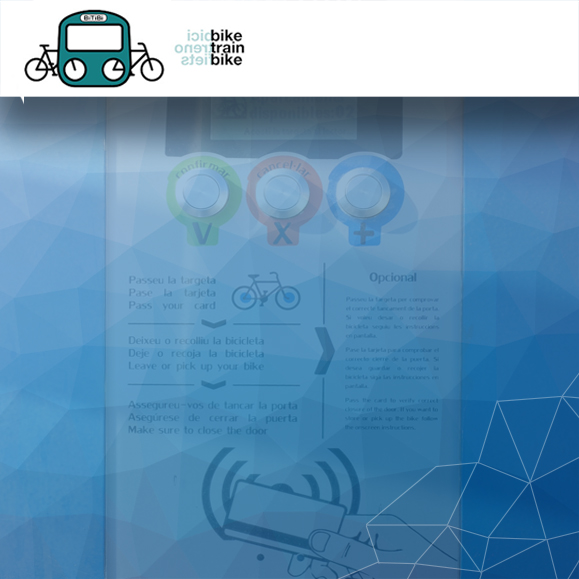INSPIRE-Grid
Funding programme: Seventh Framework Program
Period: 2013-2017
Web-site: www.inspire-grid.eu
INSPIRE-Grid investigated and experimented modalities for stakeholder engagement in projects of electric transmission grid expansion, in order to effectively manage conflicts and make authorization processes easier.
The 10 project partners from 6 countries faced challenges as: comparing benefits, mainly global ones, and negative impacts, mainly local ones, of new infrastructures; the perception of risks, threats and problems by some of the stakeholders, often neglected or poorly understood by the grid operators.
Our role
In addition to contributing to all the shared project activities, we coordinated the Work Package on methodologies for the assessment and comparison of grid infrastructures.
Activities
Theoretical methods for the decision process have been merged with stakeholder engagement techniques, and tested and refined through real cases proposed by European transmission system operators.
- Development of a methodology to consistently assess and compare all the negative impacts and benefits of a proposed infrastructure and its practicable alternatives. In fact, building new grid infrastructures implies a multiplicity of risks, costs, and benefits, unevenly distributed among stakeholders, the population and the environment. This asymmetric distribution often resulted in a strong local opposition, generating further difficulties to the economic and technical complexities.
- Development of a multi-level process, the tiering approach, by which “higher-tier” or strategic decisions influence and set the context for other, subsequent “lower-tier” or more detailed decisions. There are many important advantages by preparing a sequence of linked environmental assessments at different decision-making levels, primarily because it can give to the assessment issues the appropriate amount of attention and detail at the right time, in line with the project maturity level
- Experimental application of multi-criteria analysis with local actors’ engagement in two cases of grid development in Norway and validation tests in three workshops (one in the United Kingdom based on a real case, the other two, in Italy and Germany respectively, based on a fictional case)
Results
One of the most remarkable and innovative aspects of the project is the successful cooperation among different disciplines (social, environmental, and engineering sciences) and the effective participation of different actors in the fields of research, industry, and civil society.
The project produced a series of personalized tools that can be used to foster and manage the involvement of the interested parties in the decision process at different territorial and procedural levels. Poliedra took care of:
- the experimental applications of multi-criteria analysis with the local actors and the validation tests;
- the development of guidelines for the application of multi-criteria analysis, based on both theoretical base and the experimental applications and validation tools;
- the definition of a criteria and indicators tree including socio-economic and environmental aspects, to be personalized in each specific project;
- the identification of criteria for environmental compensations, connected to multi-criteria analysis.

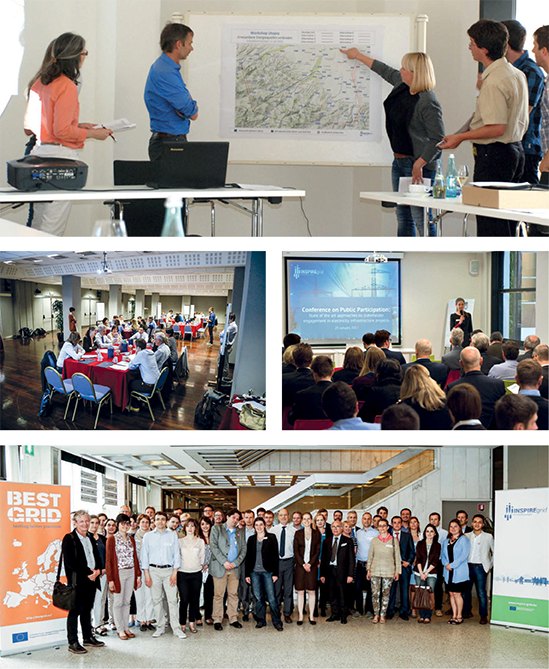

Criteria and indicators
Our Case Histories
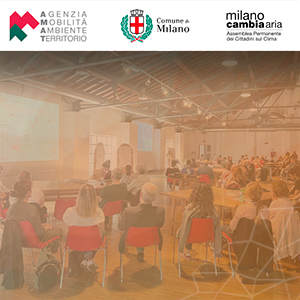
Milan Permanent Citizens’ Assembly on Climate
A body of deliberative democracy made up of citizens drawn by lot to contribute to Milan’s Air and Climate Plan
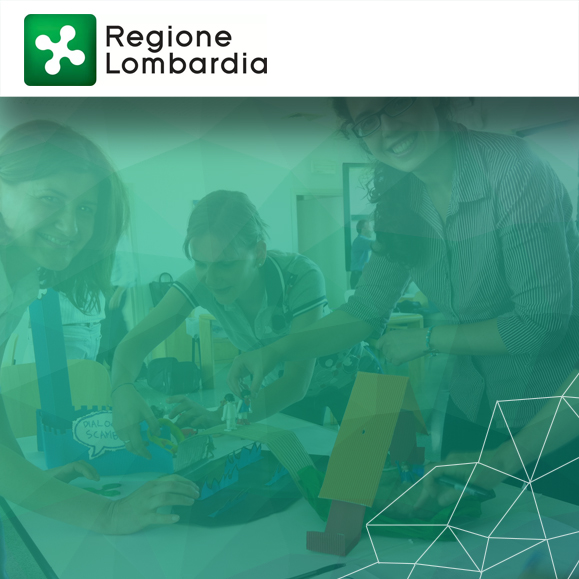
Technical assistance to Lombardy regional environmental authority for structural funds
EU environmental legislation and policies
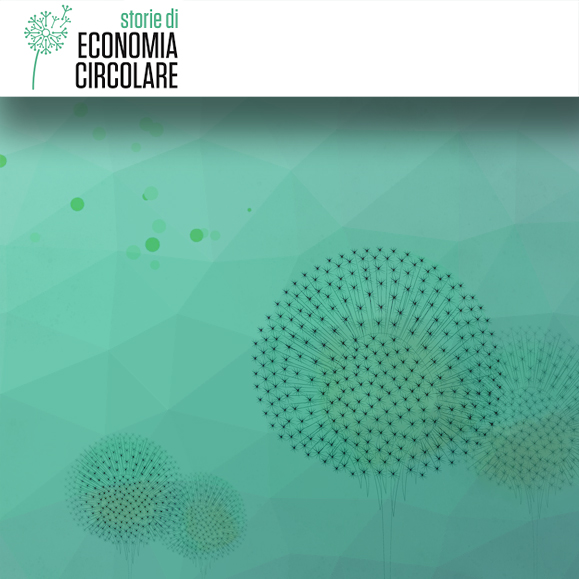
Circular Economy Stories
It deals with implementation of tools designed to give visibility and connect circular economy good practices
Period: 2017-2018
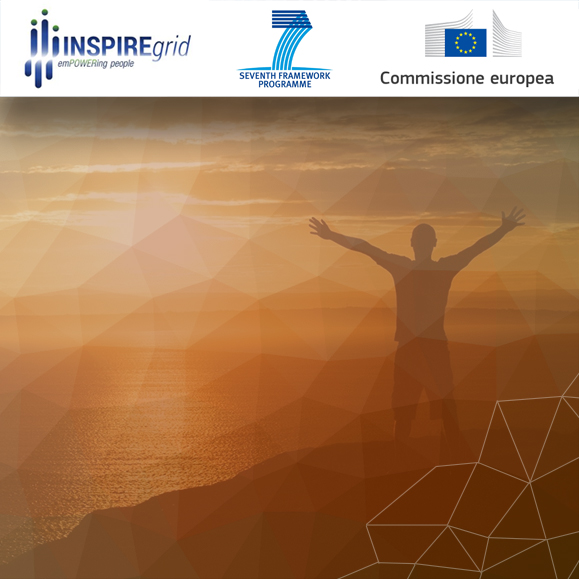
INSPIRE-Grid
Improved and eNhanced Stakeholders Participation In Reinforcement of Electricity Grid
Period: 2013-2017


